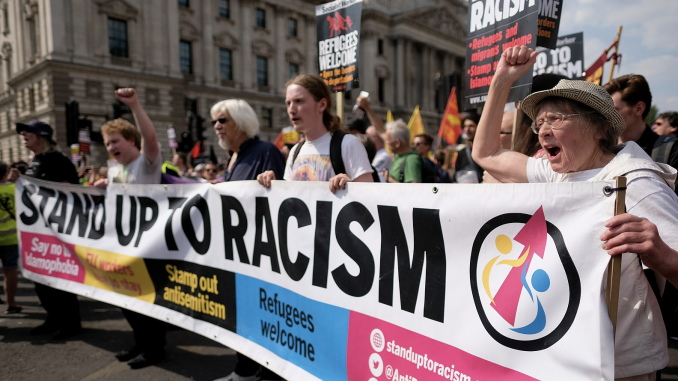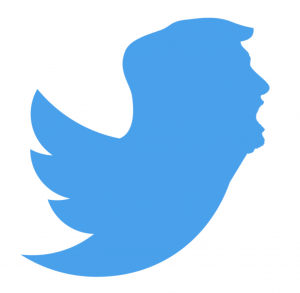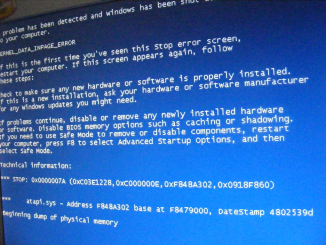
In the early days of ICT4D(Information and Communications Technologies for Development), people trusted that ICTs(Information and communication technologies) would naturally help reduce the growth of structural inequalities. They thought that since ICTs give access to knowledge; they will be a platform to empower the poor and help solve other structural inequalities. That view was held for quite a long time, and it still likes that. Increasingly, the current evidence on the internet is pointing to a different perspective and direction. In 2016, World Development Report stated a turning point on the internet by linking new technology with the current state of increase of structural inequality. Structural inequalities can be grouped into six major forms that are education inequality, housing inequality, healthcare inequality, race inequality, and gender and media inequality. All of these have been affected greatly by the development of the internet over the past years.
Technology and Structural inequality
Since new technologies have been introduced in society, which is far from “equal” in many interlocking ways. For instance, in most societies, wealth is accumulated by inheritance and occupation. In this case, the rich can access and afford more new technologies than can the poor. That is the basis of inequality brought about by the new technology. The difference in the affordance of the technological devices created by ICT is one of the ways that inequality has increased in the modern era. Inequalities of opportunity and outcome are rooted in social, economical, and political structures that have lasted for many eras (“Inside the Information Society: ICTs, the Internet and structural inequality | Association for Progressive Communications”, 2021). It was always naïve to put in mind that ICT will provide a solution to the case. From the start the question would have been how will ICTs interact with them?
Racism
The internet has had a great impact on racism in the modern world. For instance when it comes to race and media, the portrayal of African American men by the media as compared to the White race, the white race has been favored. Media plays a major role in influencing the way people think in society. Discrimination, disempowerment, and stereotypes in regards to race have been longstanding issues within various aspects of mainstream media, including advertising, entertainment, and TV news. Social media platforms, search engines, and the media have greatly contributed to the increase in racism all over the world.

Search engines and racism/sexism
Research indicates that Google’s search algorithms quietly reinforce racist bias. According to Safiya Umoja Noble, a communication professor at the university of southern California, Google plays a major role. In her book, Algorithms of Oppression: How Search Engines Reinforce Racism, she claims that search engines act as platforms for most of the identities, values, and ideas that people have towards the world. She further insists that the search engines are inherently discriminatory and satisfied the groups that showed off them. In the modern world, people get most of their information from the internet as compared to the previous eras where the source of information was from books and teachers. From Noble’s perspective, Google mainly determines for them what is worth encountering first.

Noble gives an example of when she had the first experience of racism on the internet. She explains that the first time of her encounter was because of curiosity. As a researcher, she was curious to understand the technological and the social mechanisms that render the pornification of Black women at the top search on the search engines. What pushed her was the suggestion that her friend Andre Brock suggested that she search “black girls” on Google. Upon searching she was stunned to see nude images of black women on the homepage of Google. The second experience was when she was with her stepdaughter with her cousins. She had planned to entertain them with resources from the internet. Upon searching “black girls” the same images of nude black girls were displayed. This indicates that Google plays a major role in imparting the notion that black women are objects of sex when one searches anything about black women on the internet (Noble, 2018). Noble in her book compares the results of when one searches on anything that is concerned with black men and white men. She gives the impression that Google and other search engines act as a platform for racism and sexism in society.
Social media and racism
One of the greatest inventions in the modern era is social media. It can connect millions of people all over the world. There has been a rise in the percentage of people that use social media to interact and gather information. With the great extension and growth of social media, it has its advantages and many problems that come in hand with it (Popiel, 2018). for instance earlier this year, Twitter suspended President Trump’s Twitter account out of fear that his tweets may be encouraging violence in the US. When it comes to content upload on social media, there are many cases that black content-based has been dropped down in large numbers compared to those of the Whites. This is according to the community guidelines violation. In a real sense, the community guidelines tend to lag on one side. Those who are outspoken about white supremacy and racism have found their content dropped for violating community guidelines. Social media tends to encourage white supremacy over blacks. There really needs to be an anti-racism policy that protects influencers and black creators on social media, this is according to Linkedin (Asare, 2021) social media is increasing racism to a greater extent.

Public Domain Dedication
Media and racism
Media being the baseline of all the communication transmission that is the internet, print, radio, and television also is a key aspect in racism contribution. Modern media comes in many forms that are from radio to the internet. Each type of media involves both content and the object that the content is shared. Media trends to favor white supremacy. For instance in crime reporting, if a black person is accused or suspected of committing a crime, all of his or her information include the private will be shared when compared to that of the suspected or white criminal. Racism also runs to journalists as they report their news, cases that are concerned with the blacks are emphasized more as compared to that of the blacks. For instance, if there is a missing white child, a television or radio channel may repeat the news as many times as possible (Wilder, 2020). On the other hand, less information about a missing black child will be exposed to the public. This indicates that media is increasing racism instead of reducing it as expected.
So what is going on in the future?
The roots of racism will continue to dig deeper if the internet does not find ways of handling the situation. Internet sources like Google, social media, the media itself, and other search engines should find a way of reducing the rate of racism in the world. For instance, privacy policies can be implicated on social media to protect both the whites and the blacks in society. By doing, the aspect of white supremacy will seize. Other ways that the internet can use to manage and reduce the growth of racism in our midst is through putting and enforcing disciplinary measures to any form of racism that may appear on the internet. Search engines like Google should grant their users the authority of achieving what they want when they search. The aspect of laying a foundation for internet users should seize. For instance, when one searches black girls as Noble did, they should be displayed information that is positive and related to what the user wanted to acquire from it. Fighting racism will be easy if the internet plays its role accordingly.
——————————————————————————————————————
References
Asare, J. (2021). Social Media Continues To Amplify White Supremacy And Suppress Anti-Racism
Inside the Information Society: ICTs, the Internet and structural inequality | Association for Progressive Communications. (2021).
Noble, S. U. (2018). Algorithms of oppression. New York University Press.
Popiel, P. (2018). The tech lobby: Tracing the contours of new media elite lobbying power. Communication Culture & Critique, 11(4), 566-585.
Wilder, S. (2020). Racism in media: how media shapes our view of people of color in society.




